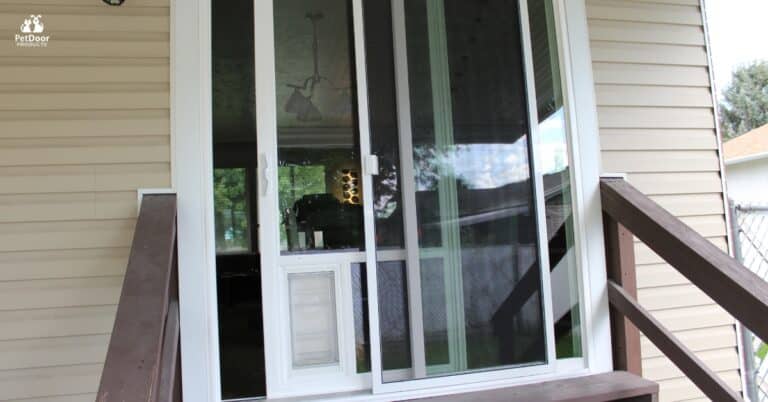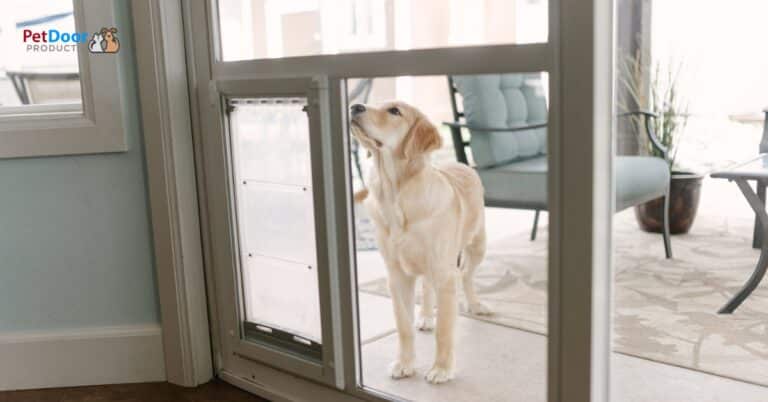
6 Ways To Help Your Local Humane Society or Animal Rescue

Animal shelters and rescue groups do incredible work to help homeless dogs and cats and other lost, abandoned, or abused pets. They typically operate with tight resources and not enough public exposure. Through all the difficulties, they persevere in the struggle to save helpless animals. Your local Humane Society and other organizations help the entire community through their work. If you want to help shelter animals and the teams who save them, here are some things you can do to help your city’s animal shelter or rescue organization:
Donate Money
Animal shelters and rescue facilities have a lot of expenses to cover. Your donations can help pay the bills, provide food and other supplies needed to sustain the animals housed in the facilities, pay for veterinary care, and many other costs. Just some of the other uses of your monthly donations may include paying for housing upgrades for the animals, staff training, animal enrichment programs, community outreach efforts, utilities, insurance, transportation expenses, general daily operations, and many other costs.
Adopt a Shelter Pet
If you are prepared to give a permanent home to a pet and make him or her a new member of your family, consider adopting a shelter dog or cat. There are large numbers of cats and dogs languishing helplessly in crowded local shelters and rescue facilities in desperate need of loving families to give them a chance to live. Call your local branch of the Humane Society, or another pet rescue Salt Lake City offers, or a facility in your city outside Utah. Ask how their adoption process works. If it doesn’t sound reasonable to you, just move on and contact a different group.
Become a Foster Care Provider
People who provide foster care for shelter animals give thousands of dogs and cats and other animals a lifeline every year. Many animals are unable to adapt to confinement in small spaces in shelters. Others need extra attention to nurse them to health. Many have other needs that are more than an animal shelter or any other local pet rescue can meet. Foster care providers are the only hope for animals in those situations. Shelters could not help those animals without foster families willing to open their hearts and homes to care for those animals in the greatest need of all.
Donate Materials and Supplies
Animal shelters and rescue facilities are always in need of all kinds of supplies for taking care of animals, providing them with some things to help them stay occupied during their confinement, and for maintaining the facilities. Examples of things you can donate include towels, quilted blankets, dog toys, cat toys, dog biscuits, kitty snack treats, pet food, quality cat litter, cat beds, cat scratching posts, bottled water for staff, snacks for staff, office supplies, and many other things. Some shelters post wish lists on their websites. Or, you can call and ask what kinds of things they currently need most.
Volunteer Some of Your Time
Volunteering is an excellent way to help a shelter make progress toward its goals for better care of animals and maximum rates of successful adoptions. If you’re not prepared to adopt a pet at this time, you can help homeless animals, a shelter organization, and your community by volunteering to do one of the many types of tasks to be done at any well-run shelter. You probably have valuable skills you can offer as a volunteer with your local shelter or rescue organization. If you love helping animals, you might volunteer as a dog walker or simply spend social time with the cats. Or, you might offer carpentry, electrical, plumbing, painting, cleaning, marketing, or other great skills.
Help Your Shelter Achieve Important Advancements
If you have organizing, accounting, legal, or other professional skills, you might be able to help your local shelter make critical strides, for example, to update local animal control policies, or help the facility manage its budget or financial planning, meet its fundraising goals, or resolve other problems. You can work to generate needed cooperation and support from municipal leaders, elected representatives, and community influencers to help the shelter or rescue operation achieve positive changes. Ask the shelter management and long-time employees and volunteers, or just keep your eyes and ears open for information about issues the shelter is facing and follow the Humane Society Advocate Toolkit (page 2) for resources.
Making a Difference for Animals and Shelter Teams
You can also simply reach out to thank the shelter in your area with any type of supportive gesture, from promoting them to your friends and acquaintances, to dropping off a thank-you cake, etc. You can go further by becoming a social platform follower of the shelter and helping spread the word about their great work as a critical community resource.
Of course, at the most essential level, you can help ease the burden on shelter and rescue teams by making sure all your pets are microchipped and that they always wear collars with updated tags, including contact information. Also, be sure to promptly spay or neuter your new pets as soon as they reach the age your vet recommends. Control your pets’ from roaming and drifting away from your property and getting lost.
How to Give Your Pet the Best Life
Pet Door Products offers all types of energy-efficient pet doors to give your dog or cat free access to the outdoors that animals need to live their best life. Our state-of-the-art pet doors are available in many sizes. A security panel allows you to secure the door anytime you want to control the use of the pet door.
For information about a pet door for your home or to order, call Pet Door Products at (801) 973-8000, or contact us here on our website anytime!
- Why A Door With A Dog Door Makes The Holidays Easier For Busy Pet Owners - December 12, 2025
- What To Look For When Buying A Dog Door For A Sliding Glass Door - December 12, 2025
- Modern Sliding Glass Dog Doors That Match Your Home’s Style - December 2, 2025









